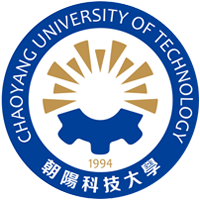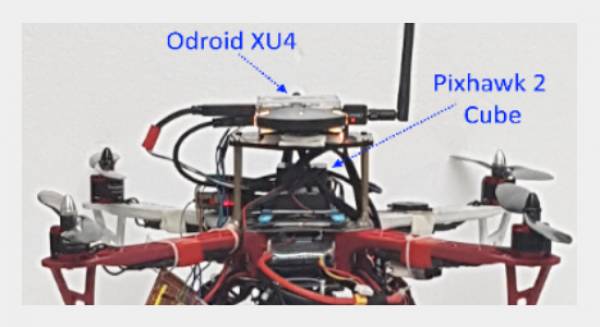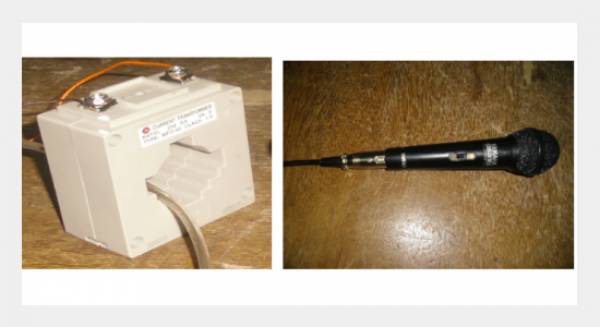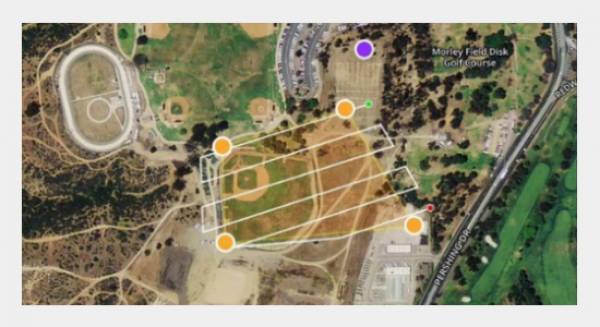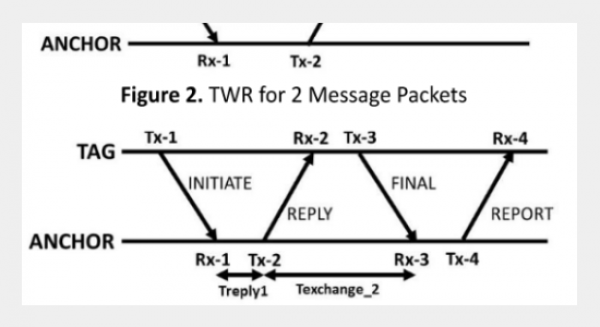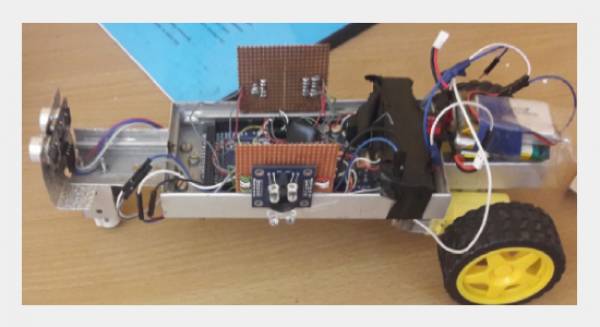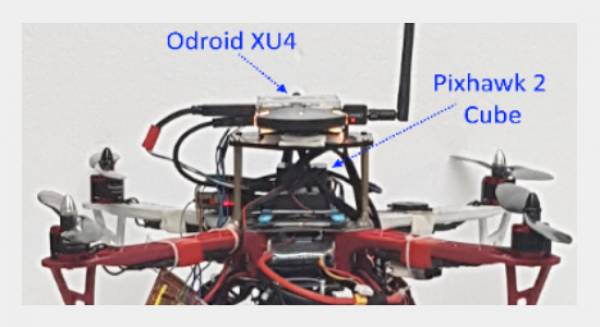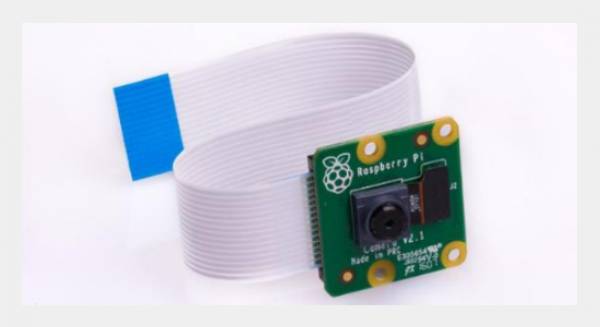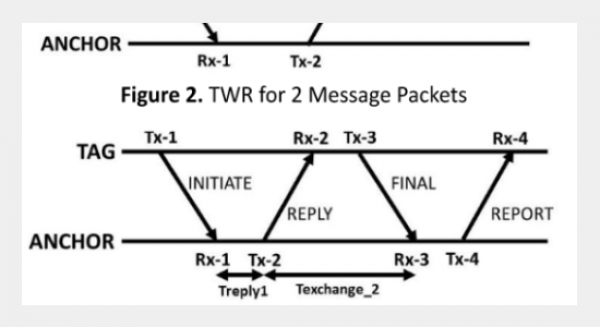Pervasive computing healthcare applications represent a set of connected networks with hidden objects and wearable sensors that are context-aware to deal with uncertain situations. The smart sensors and wearable devices potentially understand the patient's surroundings, their health condition and act accordingly without explicit instructions. It effectively monitors various factors such as patient heart rate, blood pressure, glucose level, ECG, pulse, and numerous other elements based on the scope and application of the pervasive systems. It completely observes the patient's activity right from when they wake up till the time they get to bed and during sleep. Personalized pervasive healthcare systems are basically designed to make healthcare services easier and smarter. Such that it understands the personal healthcare preferences of each individual user and takes the intended course of action.
Currently, the advances in personalized pervasive healthcare systems provide an avenue of opportunities with the synergy of emerging technologies. The first and foremost that is it makes healthcare data analytics better, faster, and cheaper. In convergence with techniques such as cloud computing, quantum computing, and data science, it can effectively draw conclusions from Electronic and Personal Health Records (EHR/PHR). Further, it greatly assists in disease identification at the earlier stage of its development. With earlier clinical data analysis, a patient's risk of harmful diseases is effectively reduced through earlier treatment plans and lifestyle changes. By protecting the healthcare data in a safe, easy, and ubiquitous way, significantly reduces redundant cost measures. Furthermore, it offers value-based care and enables the researchers to leverage effective ways of treatment at an earlier stage with advanced tools and techniques.
Irrespective of the advantages, the realization of ubiquitous computing across healthcare applications poses some considerable challenges. Smart healthcare applications may include a number of wearable devices and sensors with associated software. Most of the smart sensors are connected to each other in a network. Significant problems may arise when there is a loss of wireless connectivity. On the other hand, relying on solutions based on satellites can be an expensive option. Besides, finding a trusted entity to manage the personalized healthcare network is also a challenging process. Such that healthcare services may be subject to vulnerable security threats. However, progress in a pervasive healthcare environment is possible only with the advancement of technology. The system should be designed in such a way that it should be self-configurable and self-healable. However, the potential of pervasive computing is huge, and it has a significant impact on several applications of healthcare systems. It has a lively future, and the pros outweigh the cons. Hence, investigating the frontiers in pervasive systems for healthcare applications is inevitable for the future.
Topics of interest included (but are not limited to), the following:
- Advances in wearable sensors and computing interfaces for personalised pervasive healthcare systems
- Personalised disease prevention strategies using pervasive and ubiquitous computing techniques
- 5G and beyond network communication protocols for personalised healthcare systems
- Pervasive data mining and big data analytics to explore healthcare data
- AI assisted predictive models for personalised pervasive healthcare systems
- Pervasive computing for sensing and acquisition of healthcare data in mobile environments
- Application of personalised pervasive healthcare systems for earlier prediction of chronic conditions and harmful diseases
- Effective ways of enhancing security and privacy across personalised pervasive healthcare systems
- Novel methods for adopting artificial intelligence and machine learning across personalised pervasive healthcare systems
- Innovative approaches for health data sharing and interoperability in pervasive healthcare applications
- Smart environment and health monitoring using pervasive systems
- Novel mobile or pervasive technologies to support personalised healthcare feedback
Tentative Timeline for the Proposed Special Issue:
Submission Deadline: 20 August 2023
Author Notification: 10 October 2023
Revised Paper Deadline: 15 December 2023
Final Notification: 10 Feburary 2024
Guest Editorial Team:
|
Dr. C.B. Sivaparthipan Email: |
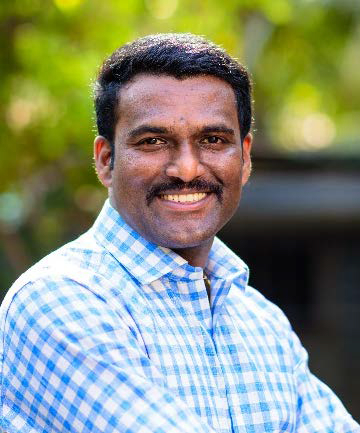 |
Dr. C.B.Sivaparthipan has completed his Ph.D. under Information Communication Engineering in Big Data Analytics at Anna University, Chennai, India. He earlier completed M.E. in Software Engineering from Hindustan University, Chennai, India, and M.B.A. in Human Resource Management from Annamalai University, Chidambaram, India. He is presently working as an Assistant Professor in the Department of Computer Science and Engineering, Tagore Institute of Engineering & Technology, Tamil Nadu, India. Previously, he worked as an Assistant Professor in the Department of Computer Science & Engineering, SNS College of Technology, Affiliated with Anna University, Chennai. He started his career as Assistant Professor at JKK Munirajah College of Technology, Erode. He has published more than 30 papers in national and international journals and conferences. He also holds membership in many Professional Bodies like ISTE, IAENG, ACM, IEEE etc., and also delivered many guest lecturers. His current research areas include Cloud Computing, Data Analysis, Data Mining, Databases, Artificial Intelligence, Machine Learning and IoT.
|
Dr. Oscar Sanjuán Martínez Email: |
 |
Dr. Oscar Sanjuán Martínez has a degree in Computer Science from the Pontifical University of Salamanca, where he also earned his Ph.D. in Computer Science Engineering, and he is Ph.D. in Computer Science from Oviedo University. He has been Area Director of Software Engineering at the Pontifical University of Salamanca, lecturer and researcher at the University of Oviedo and Assistant Professor at the University Carlos III of Madrid. He has published more than 70 articles in prestigious national and international journals and conferences. He has also given more than 30 seminars and conferences in Europe and Latin America on Software Engineering. His research areas are Software Engineering, Software Agents, and Emerging Development Techniques in Video Game and Entertainment Software. He has translated and collaborated in the revision of multiple Software Engineering books, including: "C ++ Reference Manual" by BjarneStroustrub, "Reference Manual of UML” by James Rumbaugh, “Using UML Software Engineering with Objects and Components” by Perdita Stevens and “Software Engineering a practical approach” by Roger S. Pressman among others. He has also been a Technology Advisor for “Vector Information Technologies”, a Spanish company dedicated to the development of highly qualified IT projects in the area of Internet and fleet tracking systems.
|
Dr. Bouziane BRIK Email: |
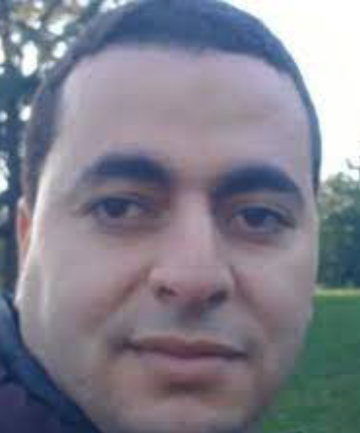 |
Dr. Bouziane Brik is curently working as a Associate Professor in the Department of Computer Science at Burgundy (Bourgogne) university and DRIVE laboratory.He completed his doctorate in the Filed of Computer Science. Before joining Burgundy university, he completed his post-doc at university of Troyes, CESI school, and Eurecom school.His research interest include B5G Networks, Network slicing, Deep Learning, Federated Deep Learning.
